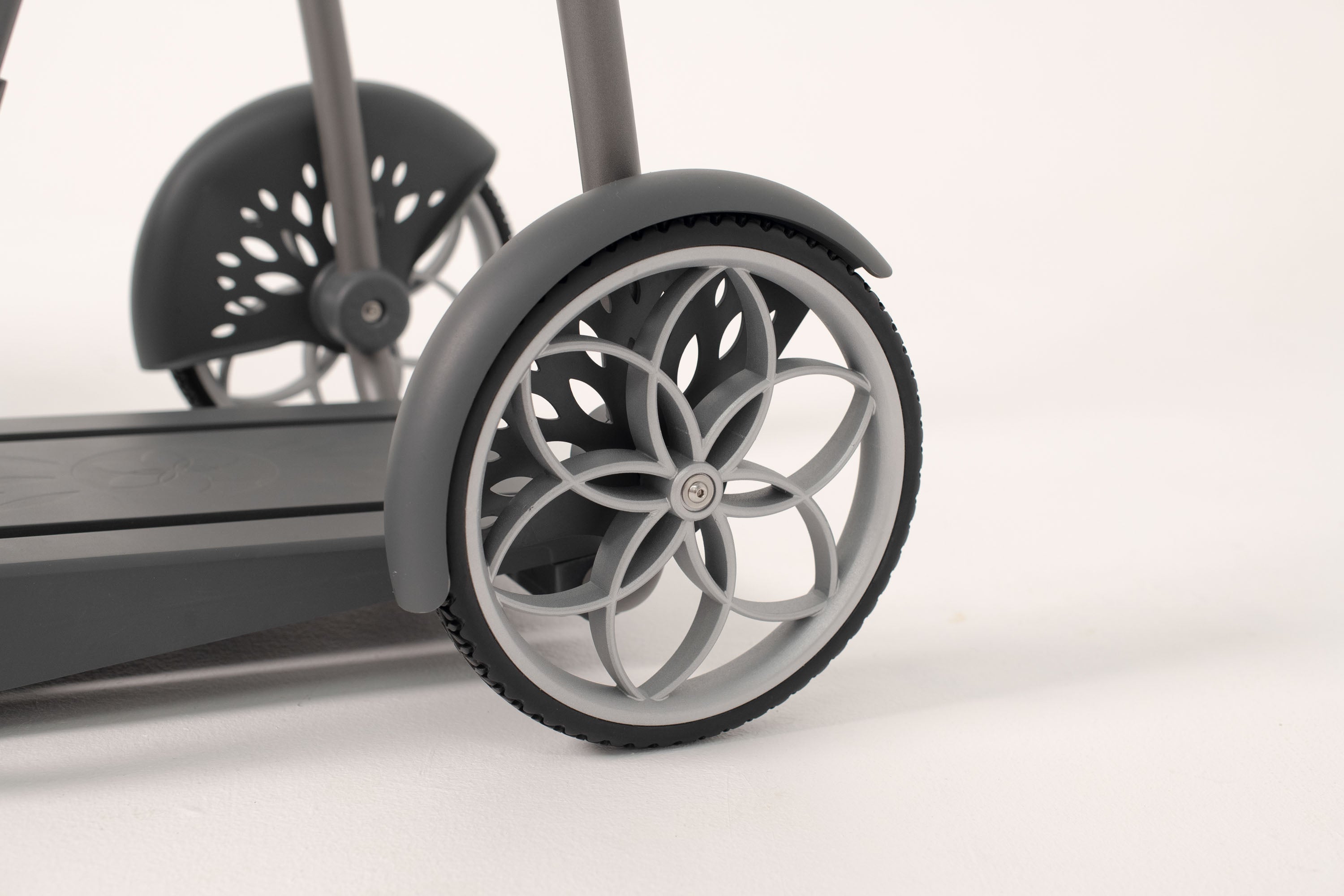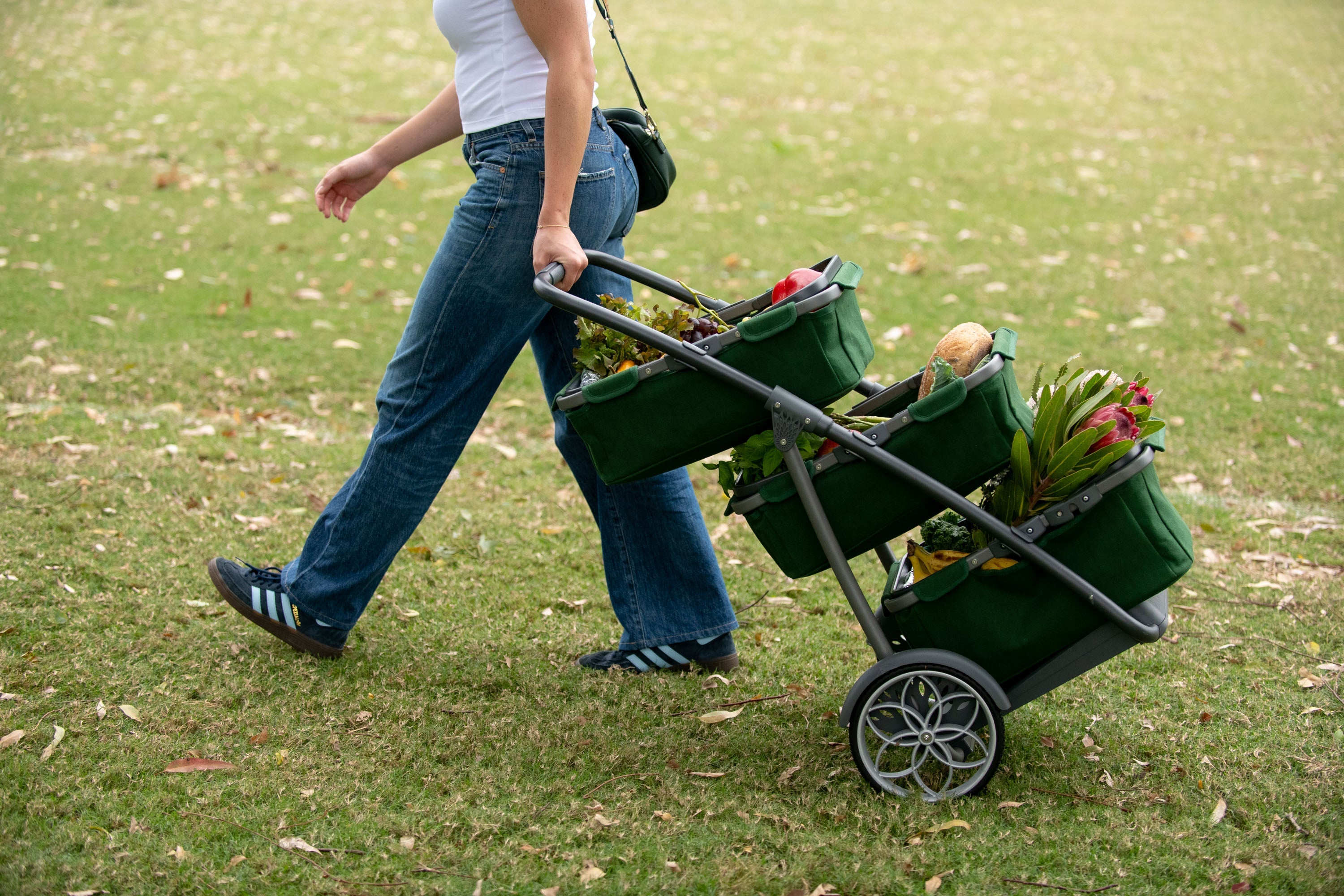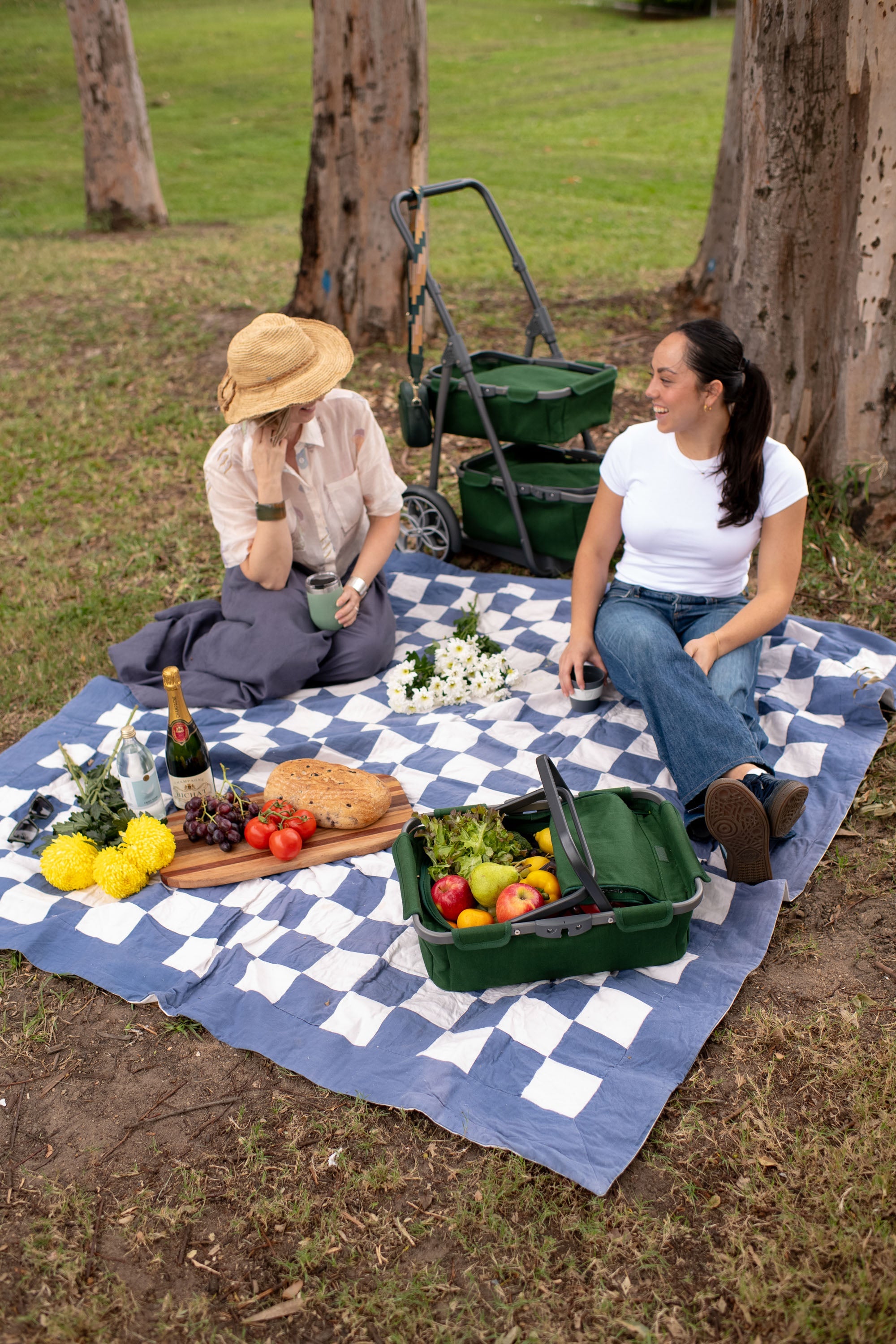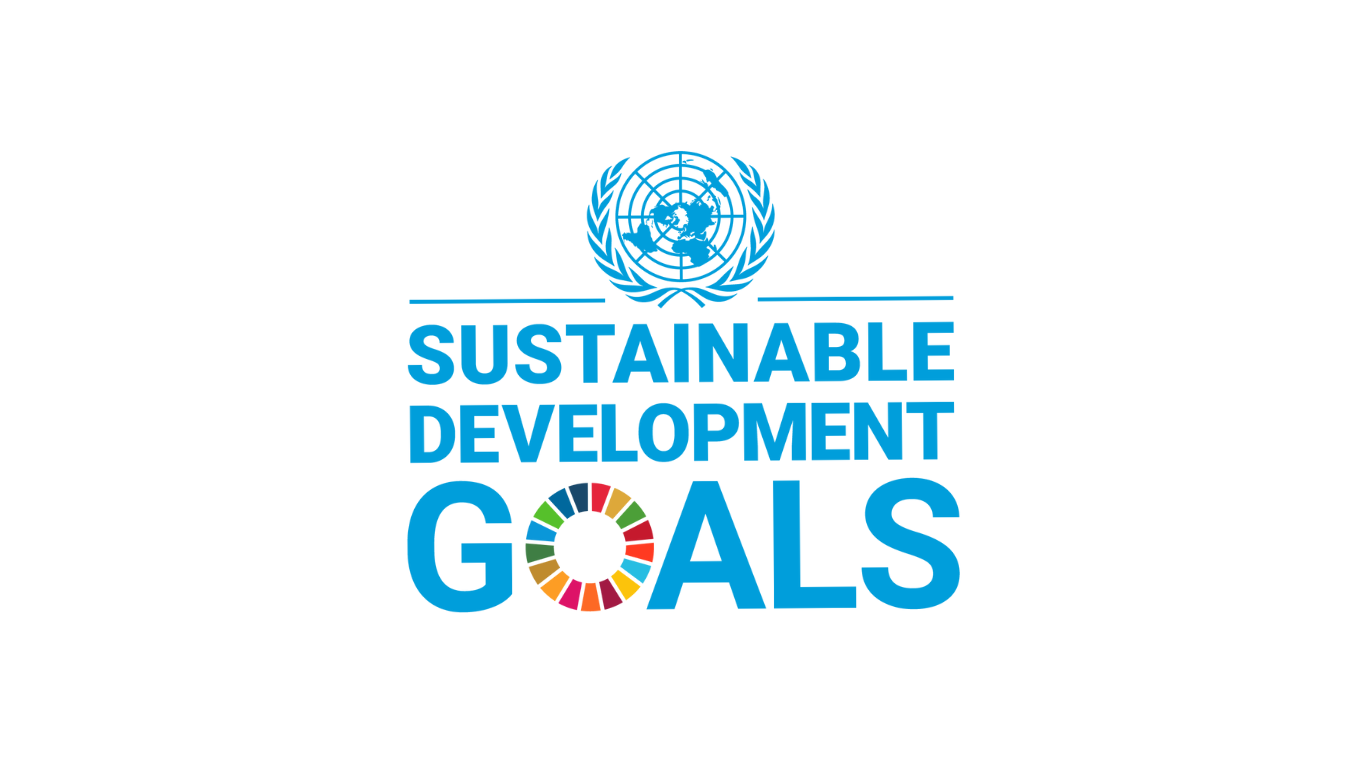

Sustainability is everyone's business
We are on a journey to create a product that has sustainability as its focus, especially in our materials and manufacturing process.
It feels like sustainability should be pretty straight forward – but it’s not just one choice. Rather, it’s a complicated ongoing mission with lots of moving parts. Even choosing materials that are earth friendly or recycled, can have its problems.
For us, the solution is aluminium. Aluminium is super durable and will last in its form until you melt it down. The great news is that it is also endlessly recyclable. About 80% of the world's in-use aluminium is actually recycled already, creating a cycle of use and reuse. The energy cost to recycle aluminium is only 5% of the energy required for virgin aluminium production, and it reduces the need for new aluminium. The strength of aluminium is also not compromised in this process.
Currently, the proportion of new and recycled aluminium in our manufacturing chain is not clear. Today we can say that our frame is made from 80% recycled aluminium, but we're working towards a 100% goal.

Feel good fibres
Linen
Our reusable produce bags are made from linen, and that feels good.
Linen uses ¼ of the water it takes to grow cotton, sequesters CO2 in its growing process, and generally does not require pesticides to protect it. It's strong, durable, and softens as it’s washed. At the end of their use (i.e. you don't want them
anymore) you can home compost your produce bags. We'll keep using linen.
(Our produce bags are coming soon)
Cotton Canvas & Insulation
Our baskets are designed for durability and years of use.
They are made from cotton, and treated with a natural starch to give then some body. As we grow, we're looking into organic cotton or hemp for our baskets.
You'll notice the baskets are lined with a silver material that insulates your goods. But what do we do with that at the end of its life?
We'll be working with social enterprises in Australia to re-purpose both the cotton fabric and insulation to make usable everyday products that will keep these materials in circulation for a long time to come.
But if all else fails, the lining is made from a recyclable plastic (PE) and aluminium foil.
All of these material choices make a difference.

Walking for everyday jobs
One of the driving factors for the development of the cart was to give people another reason to walk and be in their community by providing a sophisticated and functional cart that you'll actually want to use.
Right now the world is looking for solutions to our climate crisis. One strategy is to create cities and neighbourhoods where pedestrians and cyclists are prioritised over cars. Carlos Mereno is the scientist behind the concept of 15- minute cities.[1]
This revolutionary, inclusive way to rethink urban planning gives each neighbourhood access to all the daily activities of their life within walking distance. That’s work, hospitals and healthcare, shopping precincts, dining and recreation, parks and green spaces, cultural connections, and more. Paris, Sweden, and Singapore are already 15-minute cities, with many more like Melbourne and Shanghai incorporating these concepts and designs into existing city upgrades and development of new neighbourhoods.
Studies into the CO2 emissions of individuals have found that people who switch just one trip per day from driving to cycling or walking reduce their carbon footprint by about 0.5 tonnes over a year. To put that into perspective - One tonne of CO2 is equivalent to over 4000 kilometres driven by an average gasoline-powered passenger vehicle, 120,000 smartphones charges or 500 litres of diesel consumed. [2]
So, personal transport choices really do make a difference!
If you decide to walk, you'll no doubt have things you'll need to carry - some days more than others. The cart is your uncomplaining carrier of work-related goods, your weekly shop, or just a few things you need for dinner tonight.
Sources
[1] https://www.c40knowledgehub.org/s/article/Why-every-city-can-benefit-from-a-15-minute-city-vision?
[2] The climate change mitigation impacts of active travel: Evidence from a longitudinal panel study in seven European cities. Global Environmental Change; Volume 67, March 2021, 102224

Looking after your health
There are undeniable links between exercise and wellbeing. The physical act of getting up and getting out into the world is something that keeps humans moving forward literally and metaphorically. With screen use and social media dominating our lives, health professionals are urging us to incorporate simple and small changes to our daily habits. These include gentle exercise, eating healthy food, and having connections in your community.
At Marketday, we're hoping the cart will make all these aspects of a healthy lifestyle easier to achieve.
One step at a time.

Working towards change
Marketday is a female owned and led business. The founder Michelle Hildebrand is part of Coralus - a global community of change-makers working on initiatives, projects and businesses that are making a transformational impact.
When it comes to improving our world, we’re all in this together. That’s why, as a business, we are working towards the following UN Sustainable Development Goals:
Goal #3 -
Good Health & Wellbeing
Goal #11 -
Sustainable Cities & Communities.
Join us and be part of a global movement for good.
Marketday has cleverly designed & engineered a cart that solves your
stuff-carrying problems and makes your daily life easier.